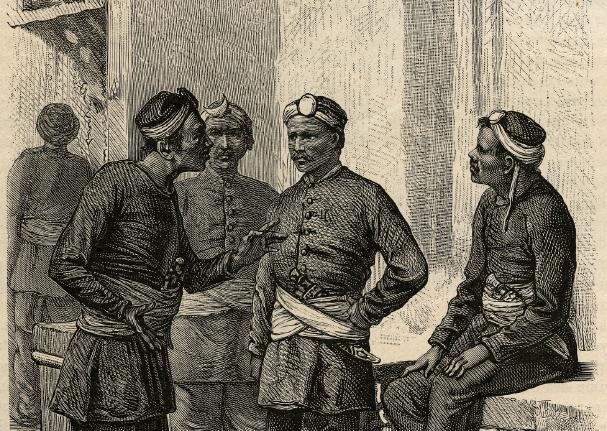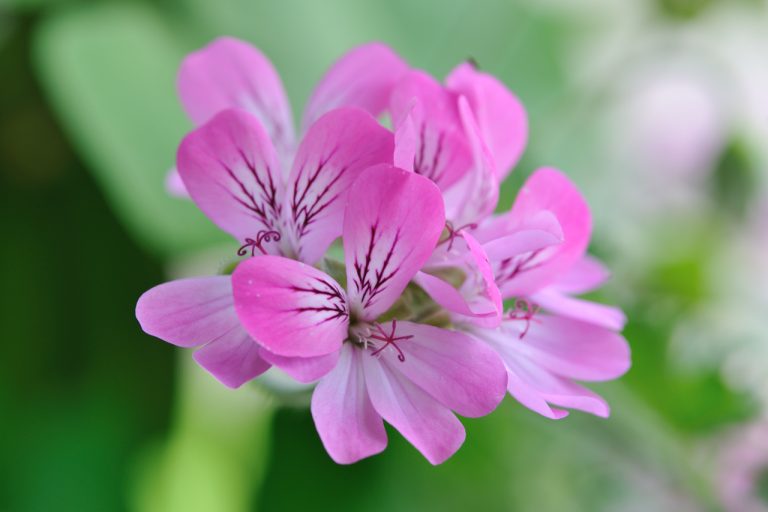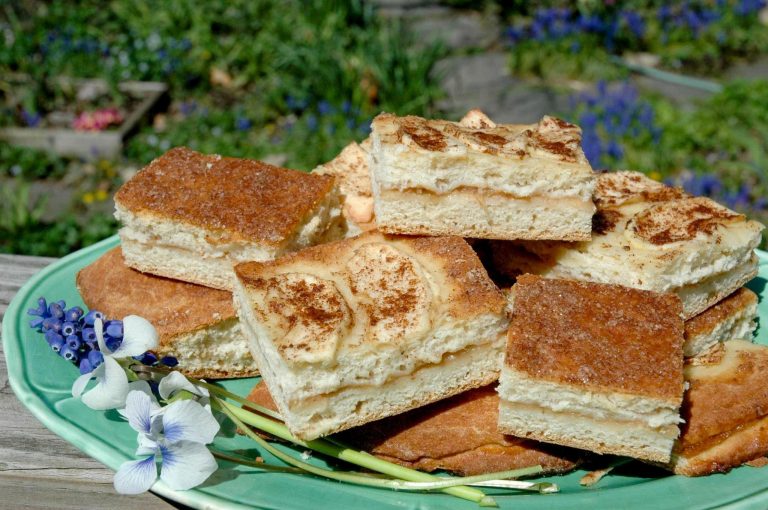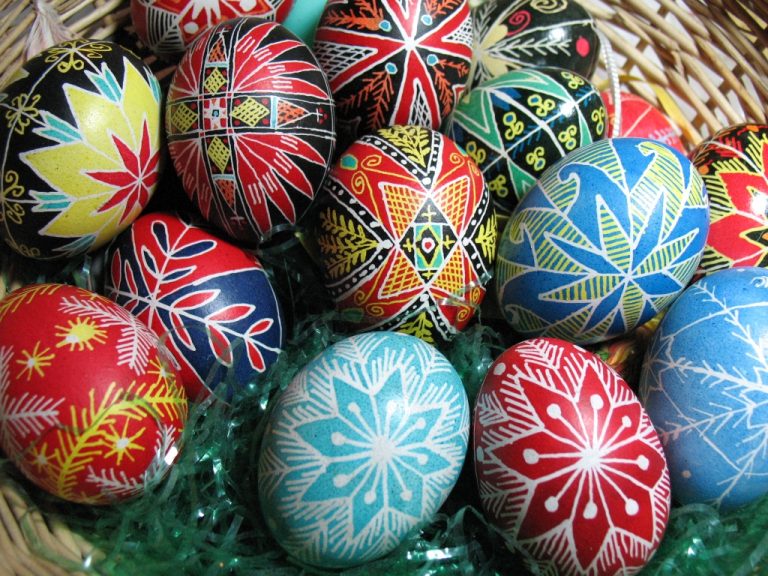On 19 August 2021, a tweet from Gurkha Equal Rights announced that the hunger strike carried out by two Gurkhas and a Gurkha Widow “to the death” had ended after the Government finally agreed to speak to the Nepal Embassy.
Dhan Gurung, Pushpa Rana Ghale and Gyanraj Rai ended their hunger strike from Richmond Terrace outside Downing Street. They had been protesting about having equal pension rights as those given to former British soldiers.
The story developed in 2009 as the Gurkha campaign “to achieve equality of treatment” had “a tremendous boost…thanks to the incredible contribution of Joanna Lumley that brought about a change to Government policy and, for the first time, allowed Gurkhas who retired before 1997 and who had served for four years in the Armed Forces the right of settlement in the UK,” according to The British Gurkha Welfare Society.
The Gurkhas have a fearsome reputation, so much so that the British East India Company took them on to fight on their behalf, and the Gurkhas fought in the 1817 Pindaree War. After doing battle in the Indian Rebellion of 1857, they became part of the British Indian Army.
On 4 December 1997, the BBC reported that “The original deal worked out at Indian partition meant that the Gurkhas were paid at the same basic rate as their compatriots serving in the Indian army – considerably less than British troops. That was changed last February when Gurkhas were awarded the same serving pay as other soldiers. Some were also allowed to bring wives and children to Britain.
Success
You are now signed up for our newsletter
Success
Check your email to complete sign up
However, one thing that did not change was pensions, which are still paid at the basic rate. The rationale behind this is that the cost of living in Nepal is so much lower than in Britain.” And in 2021, the matter is still not satisfactorily resolved.
On the nearby Monument to the Gurkha Soldier in Horse Guards Avenue, outside the Ministry of Defence (MoD), City of Westminster, London, the inscription reads “THE GURKHA SOLDIER, Bravest of the brave, most generous of the generous, never had country more faithful friends than you.”
The inscription was written by Professor Sir Ralph Lilley Turner MC, who served with the 3rd Queen Alexandra’s Own Gurkha Rifles in the British Indian Army during World War I.
On 19 August, the Government responded to the petition calling on the British Government to give Gurkhas equal pension rights as British veterans of the same rank and service, which at the time of writing had garnered 104,407 signatures, meaning it will be debated in Parliament. “For most Gurkha veterans, the Gurkha Pension Scheme provides a pension at least as good as, and in many cases better than, that given to their British counterparts with identical periods of service,” the MoD replied.
Mr Gurung told the BBC and other media that his pension in 1994 was £20 a month. Now the Gurkhas receive around £35 per month, while British soldiers receive around £800.
A joint dialogue will be initiated on 8 September for a meeting in December between the British and Nepali governments and the Gurkhas.
BREAKING NEWS ! Government has a struck a deal with the Nepal Embassy for a government to government dialogue. 13 days of fast unto death, the hunger strike has now been called off ! Thank you everyone for your support and love !🙌🏽✨💪🏽🙏🏽 pic.twitter.com/VJYSuMjZ6t
— Gurkha Equal Rights (@gurkha_rights) August 19, 2021
By Vasilissa Agafonova.















